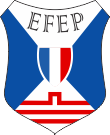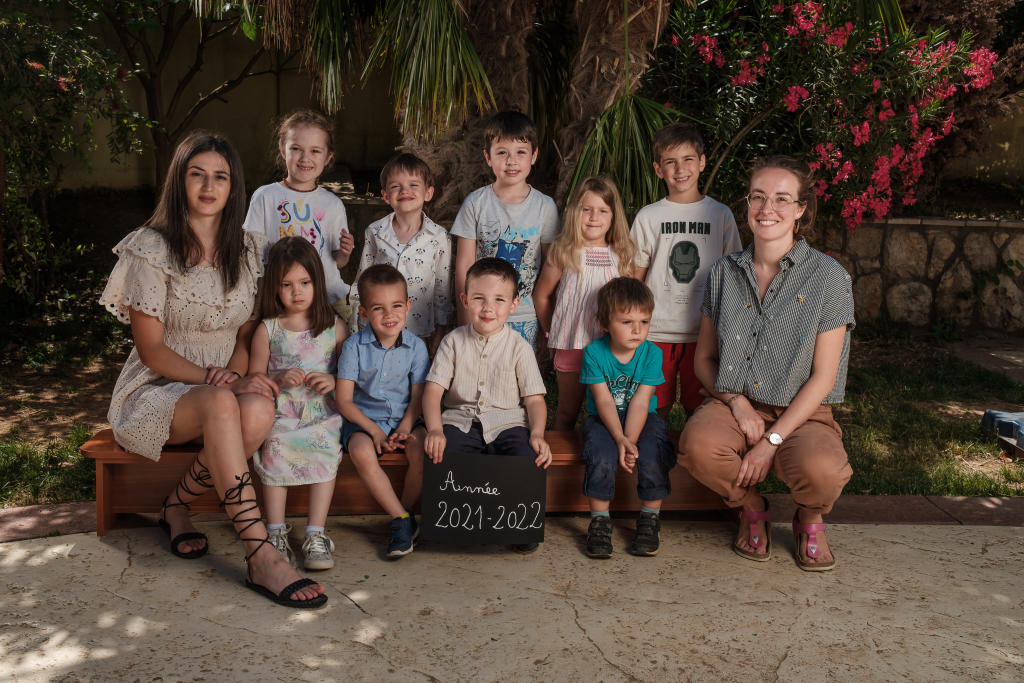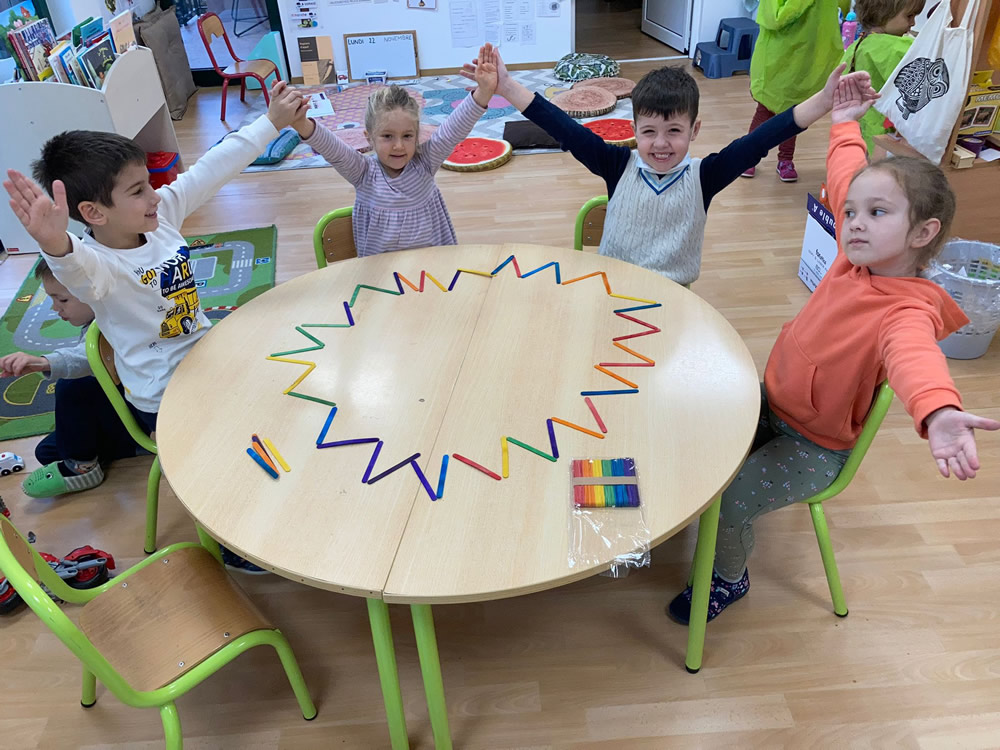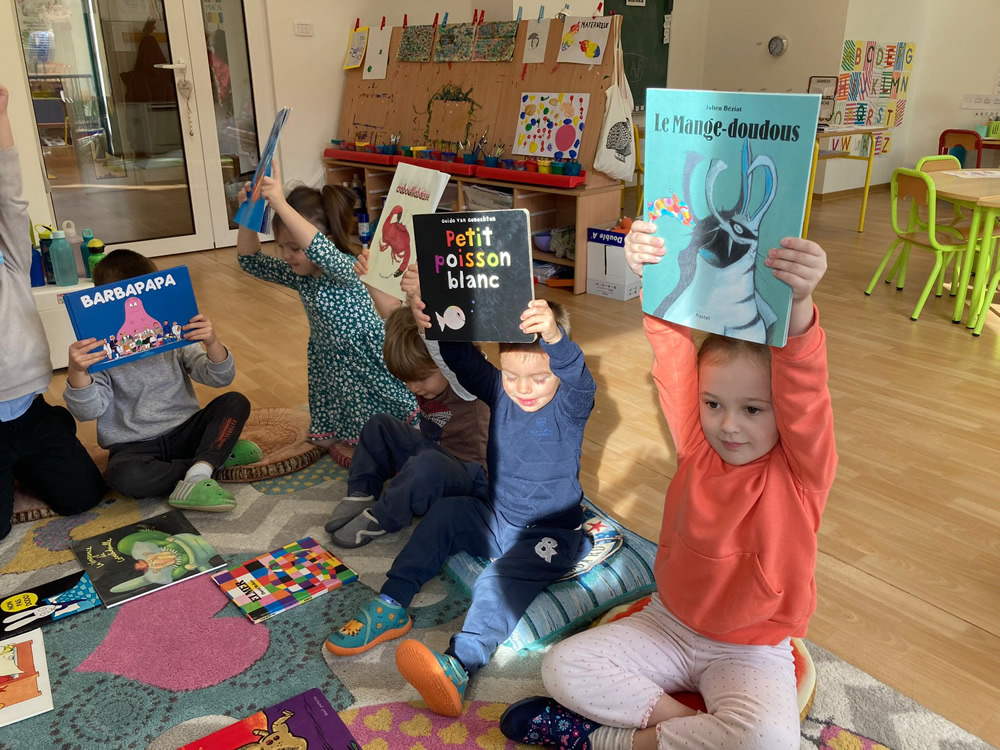The French « maternelle » welcomes children from 2 and a half to 5 years old. It is the first cycle of school, with three years of schooling called the “petite section”, the “moyenne section” and the “grande section”. This is the first learning cycle, where children discover the world of school.
THE ROLE OF THE FRENCH « MATERNELLE »
The French « maternelle » is a school for growing, learning and succeeding together.
- Children learn to become autonomous, to express themselves and to develop their creativity.
- It is a caring school that relies on play, manipulation, discovery and exploration.
- The child discovers the world of writing and begins to learn to read, write and count.
The environment is adapted with spaces and equipment designed for young children, school activities respectful of the child’s rhythm, a serene environment where the child evolves in complete safety.
This preschool is an important step on the path to academic success. Its main mission is to accompany children in socialization, language, the pleasure of learning, the affirmation and development of their personality. They practice physical activities every day.




